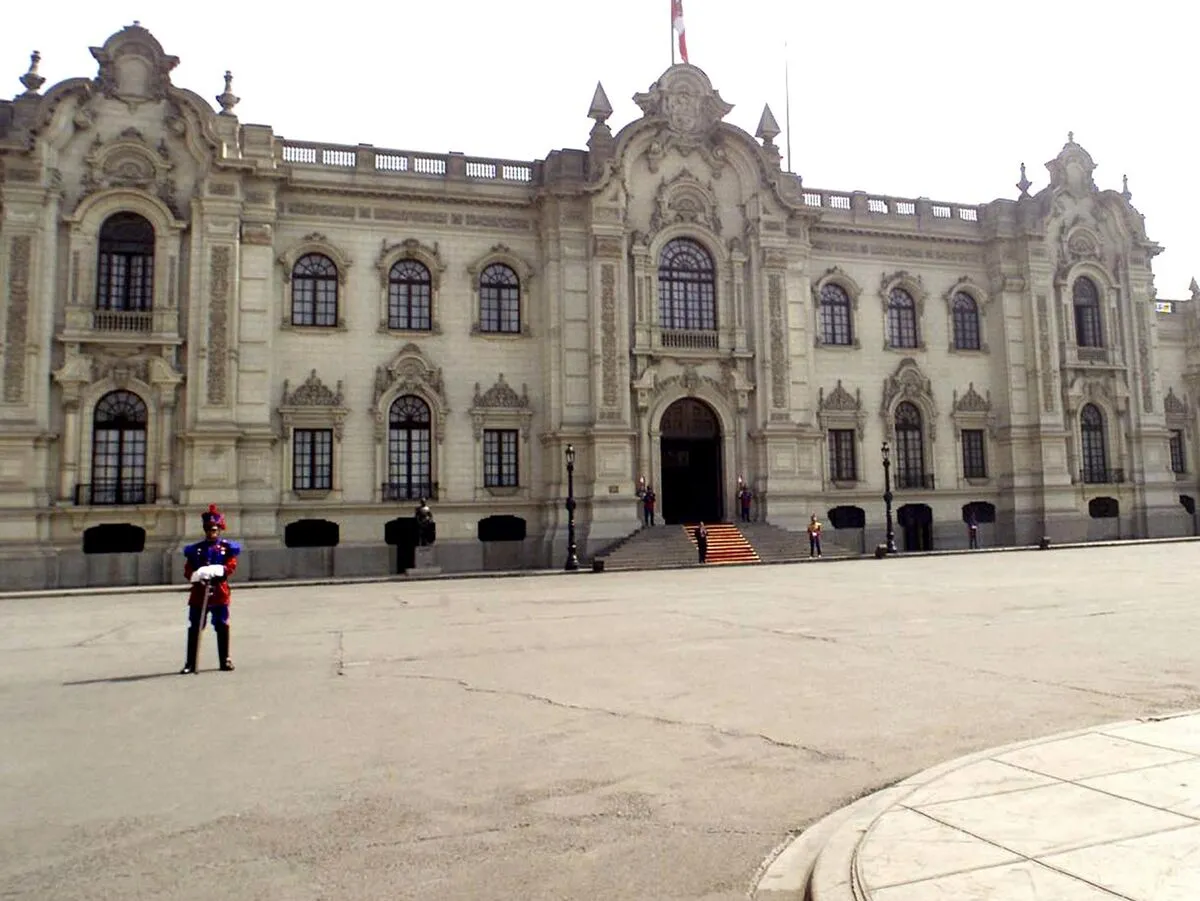Yesterday, Peru’s leadership opposed a proposed law by Peru Libre party members that aimed to declare the Public Ministry in a state of emergency.
It would pause the roles of the Attorney General and Supreme Prosecutors for up to two years.
Prime Minister Alberto Otárola called the Public Ministry a self-governing body in a briefing. He stressed the government’s strong stance against the Peru Libre’s proposal.
He asked lawmakers to prioritize the nation’s critical issues over trying to alter the Prosecutor’s Office.
Jorge Montoya from the Renovación Popular party initially suggested an urgent stop to the Supreme Prosecutors’ work, blaming misconduct and unfit behavior.
Segundo Montalvo from Peru Libre proposed another bill. This one would also freeze the Public Ministry’s leadership and form a new National Assembly of Prosecutors.
This assembly would get its members within five days of the law’s approval.
On the 23rd, acting Attorney General Juan Carlos Villena criticized the bill as unconstitutional and unfair.

He said it threatened the rule of law, the independence of the Public Ministry, and the balance of powers critical for democracy.
This situation underscores the tension between Peru’s government and legislative attempts to reshape judicial authority.
It highlights the importance of maintaining legal autonomy and democratic principles in governing institutions.
Why Does it Matter?
The Peruvian government’s opposition to legislation limiting judicial independence highlights its crucial role in upholding democracy, the rule of law, and citizen rights.
Judicial autonomy is essential for a balanced government power distribution, public trust in the legal system, and the safeguarding of human rights.
It also underpins economic stability and investment confidence, as it assures fair dispute resolution and contract enforcement.
Efforts to diminish this independence risk political unrest and opposition from various societal sectors.
Thus, protecting judicial independence is key to ensuring democratic integrity, economic security, and societal harmony.

